Reuters quoted Serbian President Aleksandar Vucic as saying that the country's army remained on "the highest level of alert" near the border with Kosovo, a day after Kosovo authorities used force to appoint a mayor in an ethnic Serb-inhabited area and clashes broke out between ethnic Serbs and Kosovo police.
The situation remains tense in northern Kosovo, where heavily armed police with armoured vehicles are guarding city buildings.
Kosovo leader Albin Kurti defended the police action in escorting the newly appointed mayors. “People elected in democratic elections have the right to assume office without intimidation. It is also the right of citizens to be served by those elected officials,” Kurti wrote on Twitter.
Responding to the issue, NATO spokesperson Oana Lungescu said in a Twitter post: "We call on the parties involved in Kosovo to immediately de-escalate and resolve the situation through dialogue." Oana Lungescu said KFOR, the 3,800-strong NATO-led peacekeeping mission in Kosovo, would remain "vigilant."
Meanwhile, EU foreign affairs spokesman Peter Stano called on all parties to "de-escalate the tense situation and restore calm immediately." "The EU will not accept any further unilateral or provocative actions and the maintenance of peace and security on the ground should be a priority," Stano said in a statement.
Britain, France, Italy, Germany and the United States also issued a joint statement condemning Kosovo's decision on the incident, calling on the government to step back and de-escalate the situation.
"We call on the Kosovo authorities to immediately step back and de-escalate, and to work closely with EULEX (the EU mission) and KFOR in Kosovo. We are concerned by Serbia's decision to increase the level of combat readiness of its armed forces on the border with Kosovo and call on all parties to exercise maximum restraint and avoid inflammatory rhetoric," the statement posted on the British Government 's website said.
US Secretary of State Antony Blinken criticized the Kosovo government for its new actions, saying they "unnecessarily escalate tensions, (have) undermined our efforts to help normalize relations between Kosovo and Serbia and will have consequences for our bilateral relations with Kosovo".
The United States has been Kosovo's main political , military and financial supporter since it declared independence from Serbia in 2008.
For its part, Russia blamed Kosovo, the US and the EU for escalating tensions in the Balkans, saying it was watching closely after violent clashes between Kosovo police and protesters against ethnic Albanian mayors.
“We strongly condemn Kosovo’s provocative steps, which have pushed the situation closer to a hot stage and directly threaten the security of the entire Balkan region. The responsibility for this lies entirely with the United States and the EU,” said Russian Foreign Ministry spokeswoman Maria Zakharova, noting that the above reactions to Kosovo by “Western mediators” were made too late.
Nearly a decade after the end of the conflict, Serbs in the northern part of Kosovo do not accept Kosovo's 2008 declaration of independence from Serbia and still consider Belgrade their capital. Kosovo has ethnic Albanians who make up more than 90% of the population, with Serbs making up the majority only in the northern part.
Source link



![[Photo] Journalists moved to tears at the Memorial Service for the soldiers who died in Gac Ma](https://vphoto.vietnam.vn/thumb/1200x675/vietnam/resource/IMAGE/2025/5/30/9454613a55c54c16bf8c0efa51883456)



![[Photo] A delegation of 100 journalists from the Vietnam Journalists Association visits the soldiers and people of Truong Sa island district.](https://vphoto.vietnam.vn/thumb/1200x675/vietnam/resource/IMAGE/2025/5/30/0984a986227d4e988177f560d2e1563e)
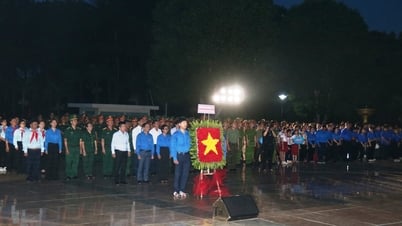

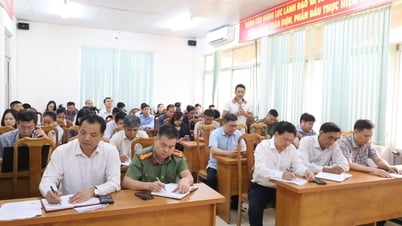
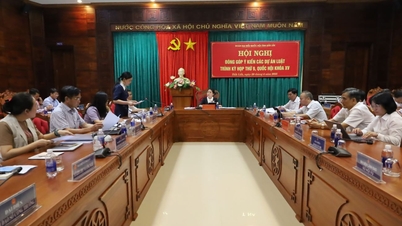


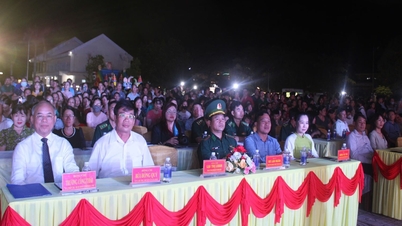
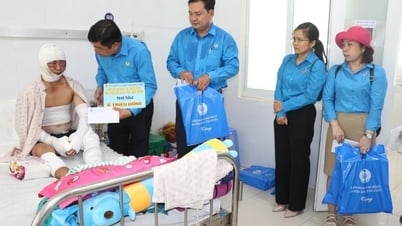

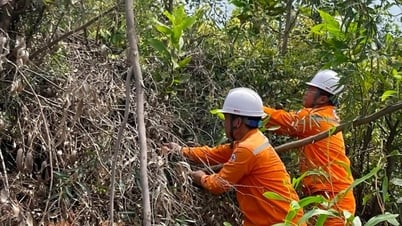

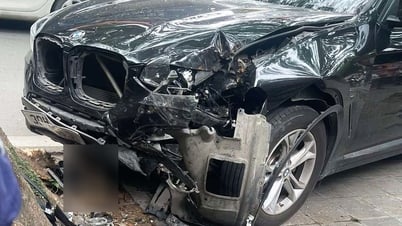
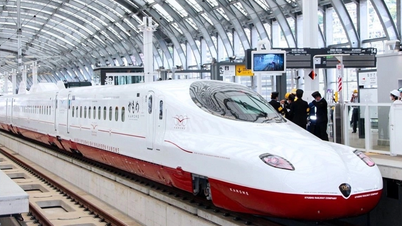




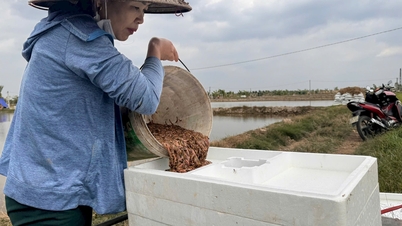
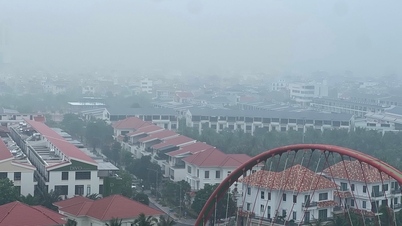
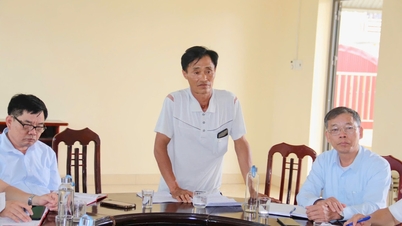
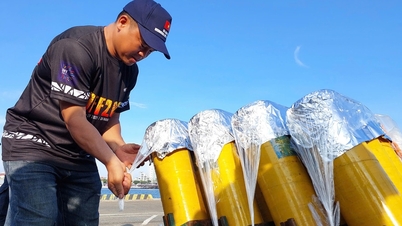
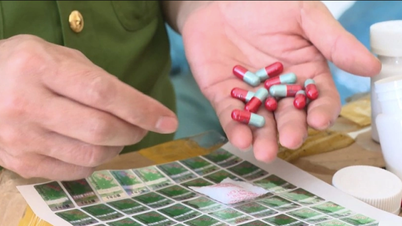
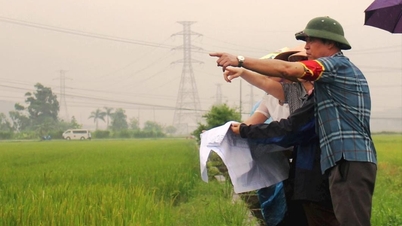
![[Photo] Prime Minister Pham Minh Chinh attends the event "Digital transformation of the banking industry by 2025"](https://vphoto.vietnam.vn/thumb/1200x675/vietnam/resource/IMAGE/2025/5/29/0e34cc7261d74e26b7f87cadff763eae)





































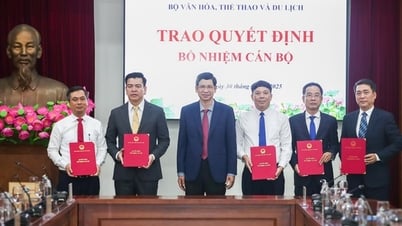
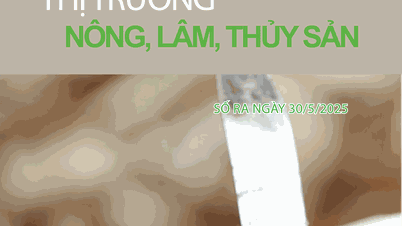


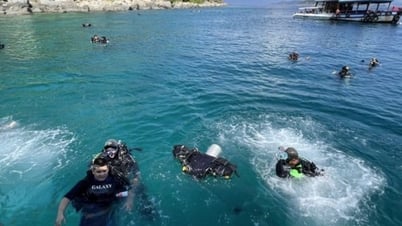





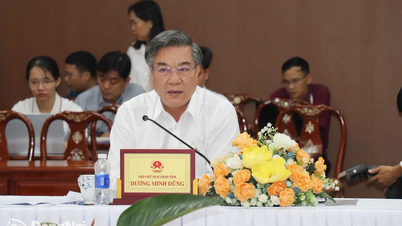



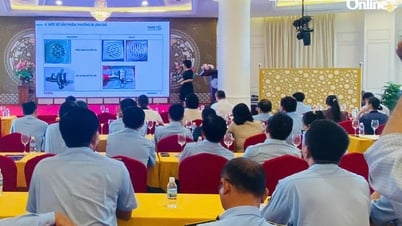













Comment (0)